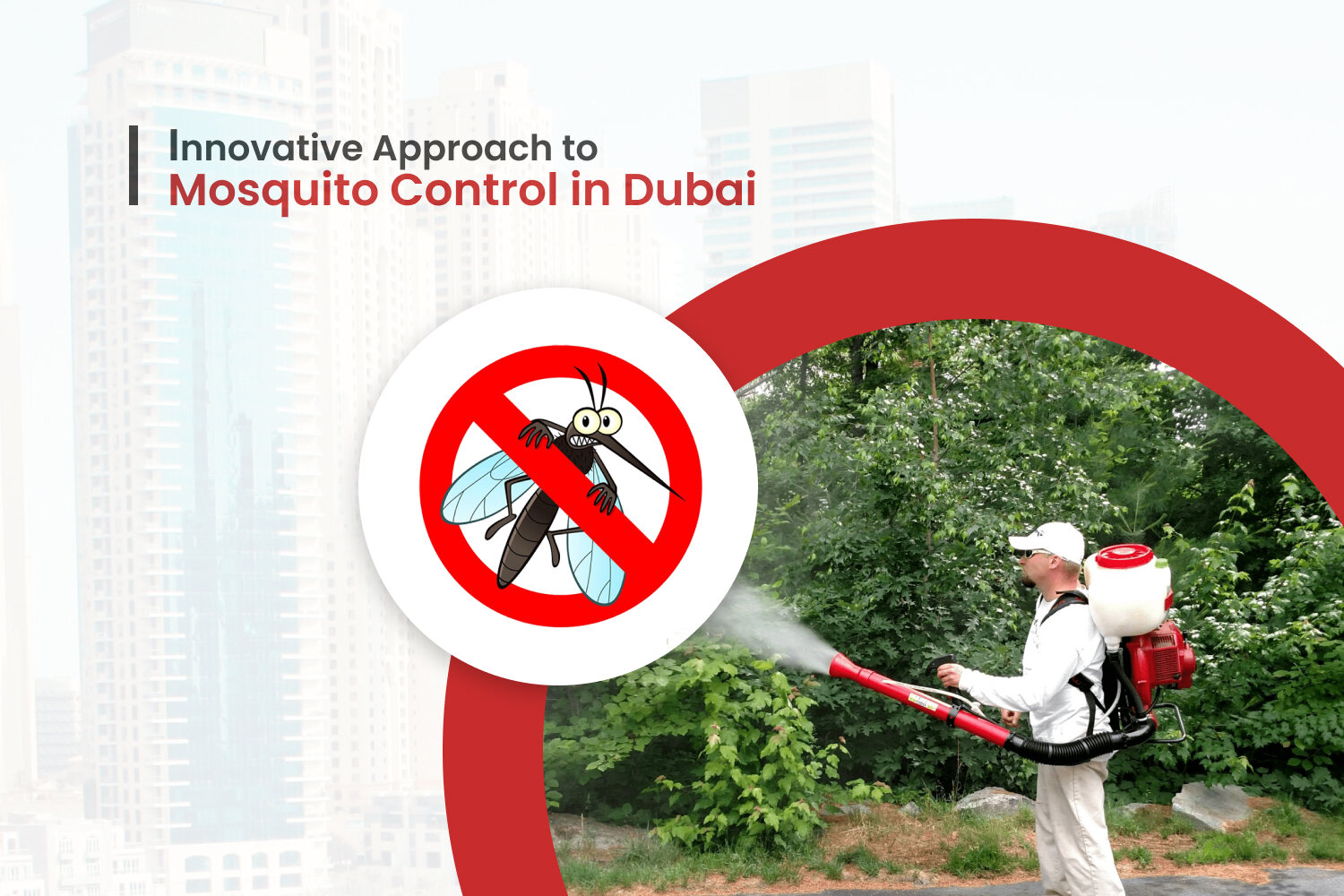
A few months ago, Dubai witnessed the heaviest rainfall recorded, and since then, the mosquito population has increased significantly. Due to spike in rainfall rates, mosquito breeding has increased dramatically, with more damp areas and water pools.
I had to align my pest control strategies and processes with technological advancements to meet new situations of steadily evolving city’s pest management landscape. Pest control companies, which deal with pest control in Dubai have been proactively combatting this upsurge to assist citizens in tackling the situation effectively with innovative approaches.
The approaches, relying on cutting-edge technology, are designed to effectively control the mosquito population and ensure a healthy environment for the citizens. I have mentioned some of them below for you to delve into.
Application of mosquito traps
I have noticed one of the most striking developments in mosquito control is the adoption of intelligent mosquito traps. These traps use advanced technology to attract and then capture the insects. They are equipped with sensors that detect the presence of mosquitoes and trigger the trapping mechanism.
Once trapped, the mosquitoes are either killed or released in a different location. This approach not only boosts the effectiveness of mosquito control but also minimizes the need to use harmful chemicals.
Drone surveillance
You might have noticed many industries have leveraged drone technology worldwide over the years. The pest control and management sector is no different. In Dubai, drones are being used to conduct aerial surveys across areas prone to mosquito breeding.
As a pest control professional I and many professionals like me can implement timely interventions through a proactive and thorough analysis of the water-accumulated sites. This proactive approach, coupled with the use of drone technology, ensures accurate monitoring and control of the mosquito population, thereby ensuring the overall safety and health of the community.
Public reporting through mobile apps
I have also experienced mobile apps play a crucial role in engaging the public with mosquito control in the vast tech-driven world. The applications empower residents to report mosquito breeding sites, facilitating a collaborative pest management approach.
Mobile applications consistently aid pest control providers in promptly identifying and responding to affected areas with a plan. This approach fosters a shared sense of responsibility and maintains the city’s safety and cleanliness.
Usage of botanical mosquito repellants
Now a days, many Dubai based pest control services providers like me strive for a sustainable future. Botanical mosquito repellants, derived from plants known for their repelling qualities, have gained popularity in the city. These are natural alternatives to chemical-based repellants.
I prefer elimination of reliance on chemicals by promoting the utility of these eco-friendly solutions. While these chemicals are effective against mosquito infestations, they are also harmful to the environment. This approach aligns well with the rising need of residents for health-conscious choices and a greener, more sustainable future.
Biological measures to control mosquitos
In my opinion, mosquito population control by using biological methods can be excellent choice. These methods include introducing natural pathogens or predators into the breeding sites of mosquitos that specifically target them.
For instance, bacteria can be introduced that are harmful to mosquito larvae or predators, such as certain species of fish that feed on mosquito larvae. This process leverages nature’s own mechanism, and through this, a balanced ecosystem can be formed with effective mosquito population control in Dubai.
Public awareness campaign
As a pest control expert I believe that awareness and education are key components in fighting the rising population of mosquitos. I design awareness campaigns in Dubai with the aim to inform the residents about the importance of taking preventive measures and controlling them. A proper understanding of the mosquito lifecycles can help them to eradicate the mosquito population swiftly through the clearance of standing water.
The campaigns also educate people about the benefits of protective measures in personal living spaces and how they can collectively create a healthy environment. I also recommend engaging people through social media, workshops, and other such informational sources forms a collective solid barrier against the rising mosquito population in the city.
Community-based organized clean-up
Community involvement is not just crucial; it’s empowering for effectively controlling the mosquito population. Organizing clean-up events in the community can significantly reduce the expanse and presence of mosquito breeding sites.
When I organize people to come together to declutter and clean up the accumulated standing water and litter, residents can control local mosquito infestations. These initiatives foster community spirit and create a safer and cleaner environment.
Conclusion
At the conclusion I recommend a multifaceted strategy that mixes sustainable practices, community involvement, and technology, which is required to control mosquito in Dubai. By embracing natural solutions like botanical repellants and technological aids like intelligent traps, mobile apps, and drones to monitor breeding sites, the new approaches taken up by professional exterminators in Dubai like me have been impactful and fascinating. As we continue to implement and explore more such techniques, we aim to make mosquito-free Dubai a top priority in the coming days.







